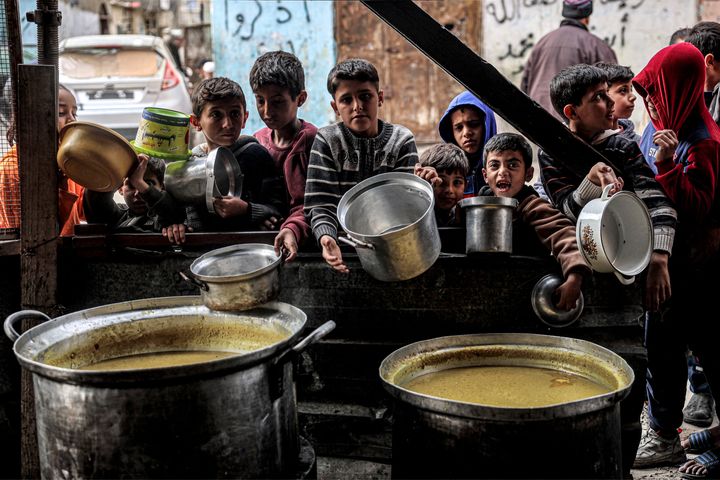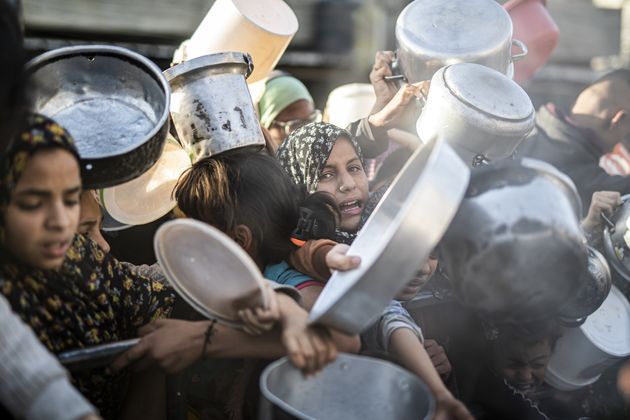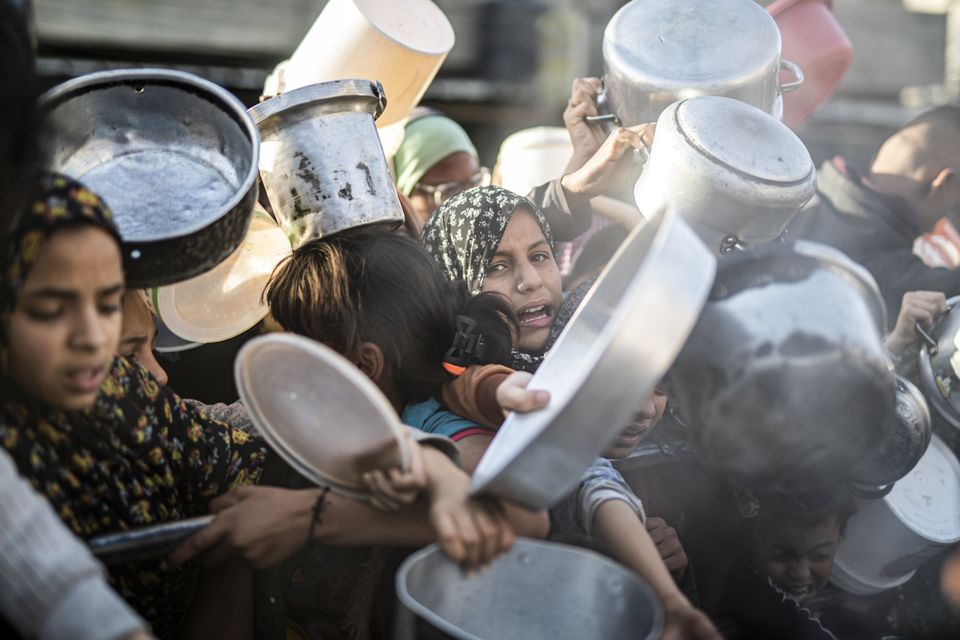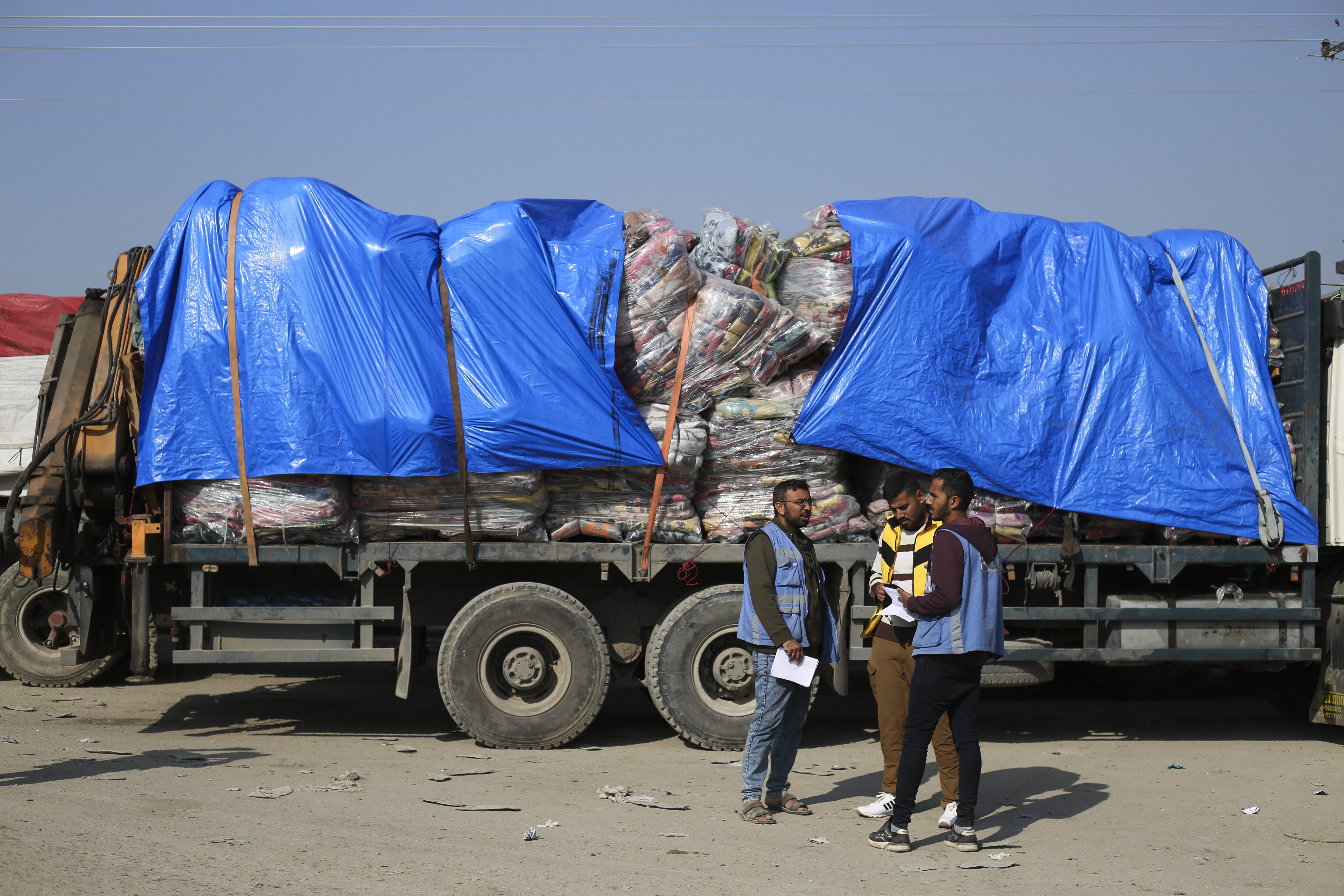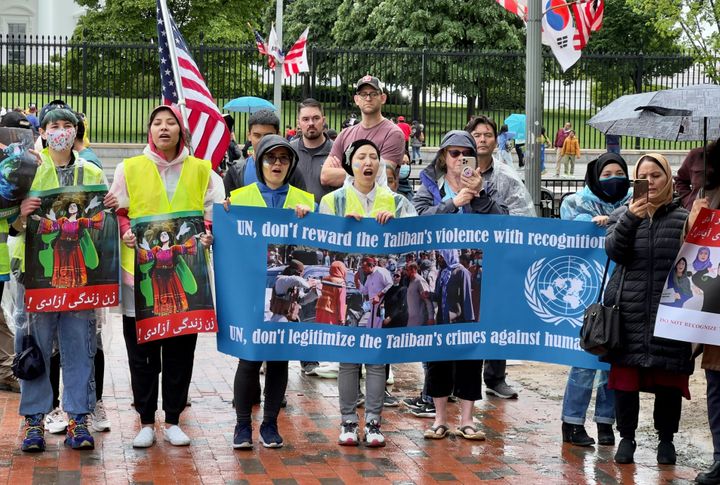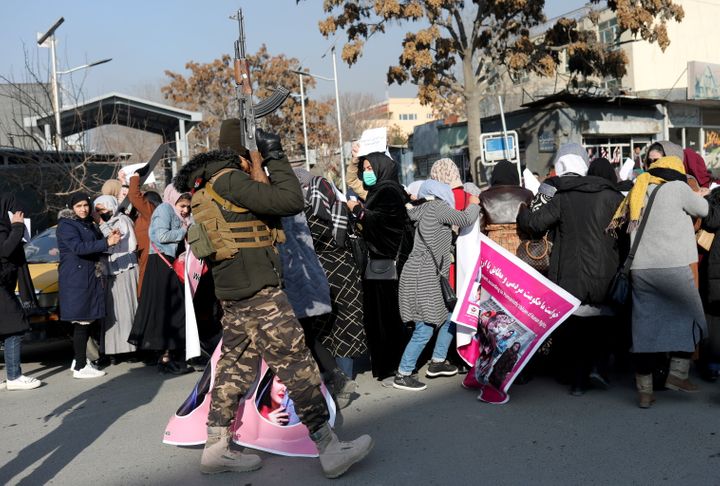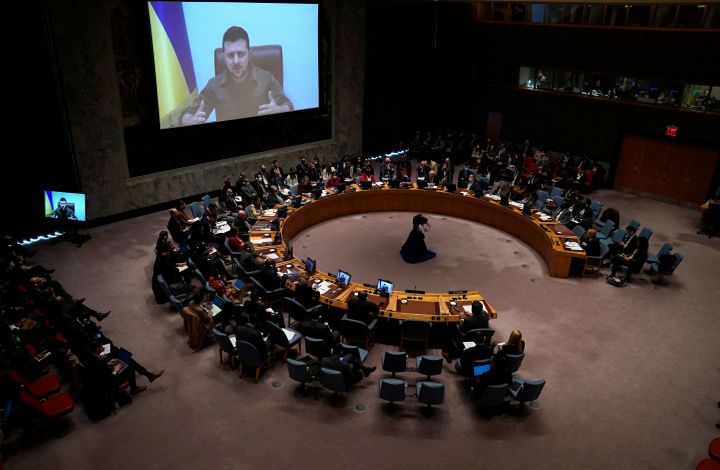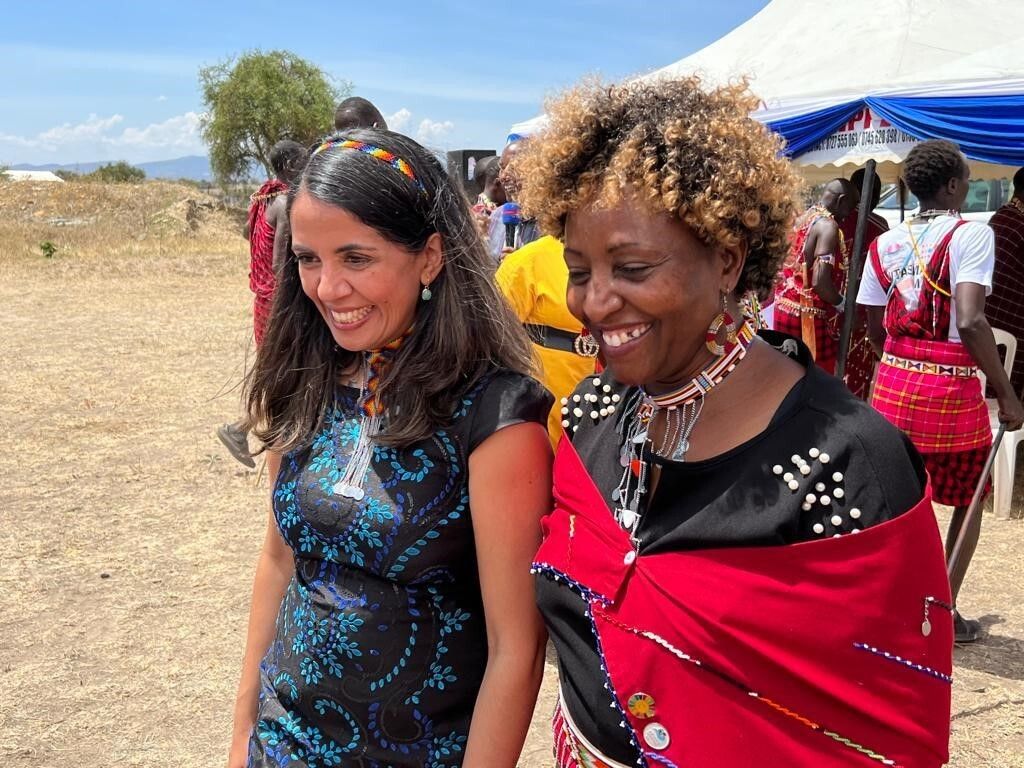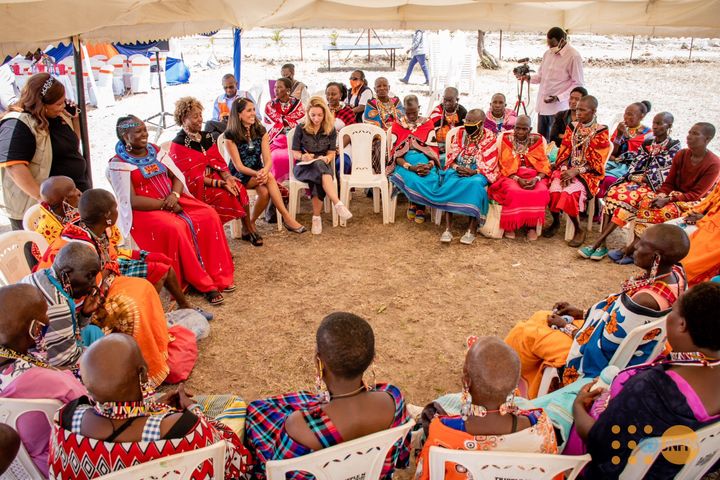The United Nations’ 29th annual summit on tackling climate change has just begun in Azerbaijan’s capital of Baku – but have we lost faith in it?
The meeting, known as COP29, is intended to facilitate urgent, global cooperation on climate change, and governments are meant work together to keep environmental warming to 1.5C on pre-industrial levels.
Advertisement
This year, negotiators from nearly 200 countries are looking to hash out a climate finance deal in an effort to fund poorer countries who are still struggling to go green.
But, almost three decades since the climate summit began, scientists are still sounding alarm and pleading for more action from governments while previous agreements hang in the balance.
Brits do not have high expectations for COP29
According to the latest YouGov poll, just 9% of Brits are feeling optimistic, saying it’s either very likely (1%) or fairly likely (8%) that COP will result in significant action to tackle climate change.
A whopping 73% have a more pessimistic view, saying it’s either fairly (44%) or very unlikely (29%) to result in anything noteworthy.
Advertisement
While 53% of Brits think there’s a chance summits like COP could offer significant progress on tackling the threat to the environment, they also said there are plenty of other methods which might be more important.
For instance, 78% think the development of cleaner and more environmentally friendly technologies is one of the most important ways to tackle climate change, and 71% think encouraging companies and corporations to promote more environmentally friendly practices is key.
A further 68% believe trade deals which encourage countries to cut carbon emissions are essential, while 59% think more UN action of the environment would have a significant impact.
More than half (59%) also believe pressure from the public for governments to act is essential for the fight against climate change.
Advertisement
Temperatures continue to soar, despite years of warnings
There’s no doubt that some COP summits over the years have achieved significant deals between countries at their close.
The meetings have established an annual platform for climate change discussion, secured international promises to reduce greenhouse gas emissions, created the Paris agreement, pledged to move away from coal and vowed to help developing countries which are especially vulnerable to climate change.
But, as the specialists warns that 2024 is set to be the warmest year on record, it’s hard not to escape the sense of hopelessness that comes with the 29th COP talks.
Even panicked warnings from scientists that we will exceed the 1.5C limit in 2029, and harrowing words from UN secretary-general Antonio Guterres – such as “the era of global warming has ended” and “the era of global boiling has arrived” – have not triggered drastic action from the world’s governments.
That’s because the world has been too slow to reduce carbon emissions.
In fact, some scientists believe the path to limit global warming to 1.5C has already disappeared.
YouGov also found 17% of Brits think it is too late to avoid the worst effects of climate change – up six percentage points on 2019 – while 57% of those surveyed think the UK can still avoid the worst effects of climate change, but it would take drastic action.
Advertisement
Meanwhile, climate disasters continue to destroy communities around the world – just last month, Spain was hit with intense flooding leading to more than 200 deaths.

via Associated Press
Donald Trump’s impact this year
The 2015 Paris agreement was meant to a pivotal moment as almost 200 countries signed the deal to limit global warming to 1.5 degrees Celsius.
But Trump pulled the US out of the agreement when his term began in 2017, even though the country is the second largest emitter in the world.
Joe Biden signed the US back up in 2021, but, now Trump has been re-elected, he is expected to pull the country out once again when his second term starts.
Advertisement
The Republican president-elect has also promised to increase US oil and gas production, even though it is already the largest in the world.
China is currently the world’s largest greenhouse gas polluter, but even the country’s top climate envoy Liu Zhenmin told journalists on Monday that Beijing is “concerned about the United States after the election”.
Liu said: “Everyone’s concerned about he next steps, whether after the US election, US climate policy will or won’t change. But most [COP] colleagues still feel that regardless if a country’s climate policy changes or doesn’t change, international multilateral climate cooperation should continue.”
Keir Starmer’s spokesperson would not be drawn on whether the UK was concerned over Trump’s potential changes to US climate policy on Monday, only saying they were waiting for the new administration to get into power first.

via Associated Press
Advertisement
Other leaders’ absence
While around 100 world leaders have said they plan to visit COP29 within the first three days of the 11-day conference, there are concerns that too many heads of state might just skip it.
After all, Starmer is one of only two G7 leaders who will be speaking at the summit.
Outgoing US president Biden will not be present, nor will his successor Trump, although an American contingency will still attend the negotiations.
French president Emmanuel Macron will not be there due to tensions with Azerbaijan’s conflict with Armenia, while German chancellor Olaf Scholz will also miss the summit after his ruling coalition fell.
The EU delegation will be a bit thin too and European Commission president Ursula von der Leyen abstained as the EU parliament is in a state of transition.
Despite being very vulnerable to the effects of climate change, Papua New Guinea will not be attending either with the country’s prime minister James Marape saying it was a “total waste of time” with “empty promises and inaction”
Advertisement
Narendra Modi, India’s prime minister, is also unlikely to attend, as is China’s president Xi Jinping.
COP26 president, Sir Alok Sharma, told BBC Radio 4’s Today programme: “I think it is disappointing that we don’t have more world leaders coming to this Cop and, I mean, Keir Starmer is coming, and I think that’s great. It’s showing UK leadership.”
But, he continued: “What also matters is what all of these countries and the delegations actually announce in terms of the pledges, and also, really importantly, what progress has been made in implementing … existing climate commitments.
“Ultimately those detailed negotiations are led by ministers rather than heads of government, so those ministers are obviously coming. Some of them are already here, so we’ll have to see what progress they managed to make.”













